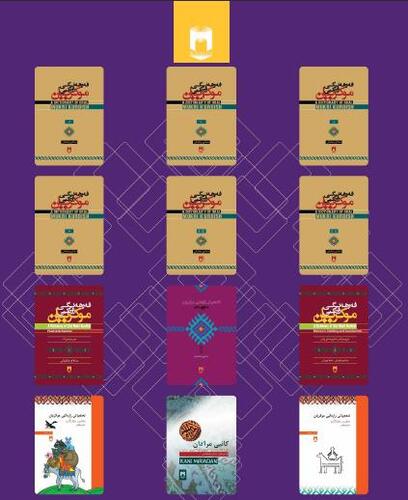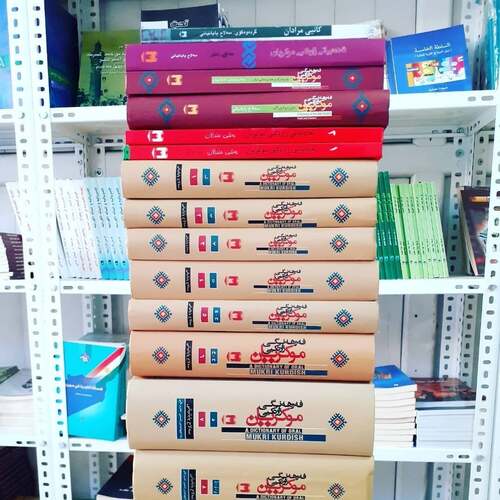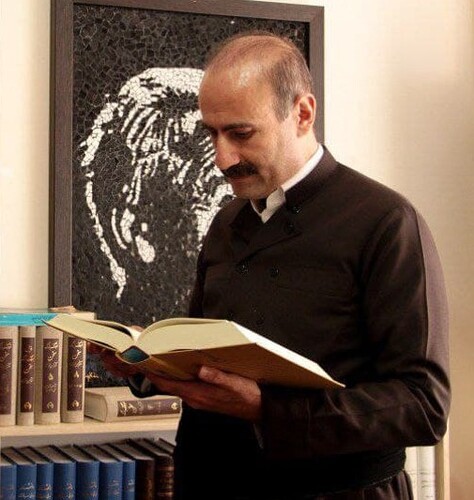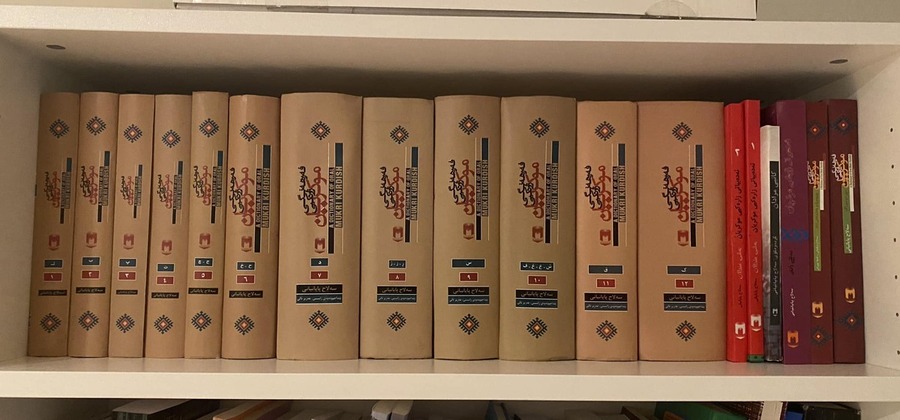To read the first part of this article click here
Many people have spoken their opinion on the importance of culture and have said that it is a young science, however, collecting all its components is extremely difficult and, in some cases, even impossible because this treasure exists in the imagination and minds of the illiterate people of the society and it is the literates of that society's responsibility to transform them into concrete subjects. This is important because there is always the possibility of forgetting all this information after the elderlies who know about the folklore die, the whole ancient cultural treasures would be buried with them if no effort is dedicated to collecting them.
I can say that Salah Payaniyani, as an experienced expert in folklore, based on the tools and information he had presented in his book, Mukeryan Dictionary, is a well-trained person to finding those who know about the Kurdish folklore. He asked each of those people about a part of the folklore that they were well-informed about. Each part of this dictionary is highly valuable on its own and it is not necessary to discuss each one here. However, I can say that each "entity" can be considered an independent entity of a cultural encyclopedia. Most of the information for some of the entities is much more reliable and closer to the original texts compared to many other encyclopedias.

"Tongue twisters", "proverbs", "riddles" and "epigrams" have a much more impact on the older and literate readers of these books. These parts can be useful for the experts and researchers of "Nation's way of thinking" about the common Kurdish people and the sociology of the Kurds. In addition, experts in children's literature can also take advantage of these parts in their field of expertise.
In the Children’s Literature genre, there are some categories that can both strengthen children's mental abilities and also create a sense of playful competition and game among them. Among these categories, proverbs, riddles, and tongue twisters can be very useful. The children’s literature writers or even children's trainers and teachers at schools can choose some suitable information in these categories in order to apply them to create a strong and considerable impact on their efforts to train children's linguistic abilities, intellect, their relationship with their national culture, their need for physical playing and competition and so on. This is the reason for the significance of these parts of Mukeryan's oral encyclopedia.
L: compound sentences and phrases
M: structures made of infinitives
N: compounds
S: proverbs
: medicineع
For these sections, eight pages of information and examples have been collected. Again, the pragmatics of words and language comes to be considered here. These eight pages of information have been collected by using 22 sources that are related to folklore. That is, both documented and written sources such as Tohfeyeh Mozafaryeh by Oscar Mann, Mirza novel by Fattah Amiri, Awenay Shikaw (the broken mirror) by Hedi, Gela Piyaw (the fool man) by Aziz Nasin and translated by Abdullah Hassanzadeh, Chapke Gul Chapke Nargiz (a bunch of flowers and daffodils) by Hemin have been used and also oral texts such as "Nasr and Malmal" bayt, "Las and Ghazal" bayt, "Lashkri" bayt, "Rasoul Naderi" collection of satires and … were included.

By taking a look at each of these sections, in addition to the general information the reader can get, they can learn the correct form of sentence writing, using the words properly, types of sentences, phrases, and proverbs in the Kurdish language, too and they can read how these are applied in a text. On the other hand, most of the Kurdish texts written by those who present Kurdish announcements and news gradually intend to use the translated form of the sentences from another language rather than using the original form of Kurdish sentence writing. By translated form of the sentences, we mean that all the words used in such sentences are Kurdish however, the sentence structure is a form that is used in Persian, Arabic, or English which are not common sentence formations in Kurdish. These kinds of sentences are either incorrect Kurdish sentences or if they are understood suitably, they are still incomplete Kurdish sentences.
The major problem here is the lack of awareness among the activists of fields such as oral literature and the popular language among the common people of Kurdistan which is caused by the lack of knowledge of the oral form of lexicons, clauses, and dialects that is, these activists have been falling away from the way of thinking and speaking of those people who are the audience of their written works. The gap that is formed between the activists and the oral language, will be highlighted in both fields of thinking method and the sentence formation and language structures which will play a basic role in the related reasons to this field. There is only one way for the authors and reporters in order to learn this language and the related meanings and definitions of the common people’s language; i.e., they need to return to the most fundamental sources of this language which are the people or the written sources that have recorded this linguistic goal. As the well-known orientalist Darmesteter said: the common people’s words are a bunch of words and meanings that are not mentioned or used in the old books. However, these words and meanings are used among ordinary people, but it may not be possible for the readers and researchers of this field to contact those people and neither the writers and activists of the literature field could look for and learn those words and sentence formation or meanings used by the common people directly. However, a group of writers, in the past or nowadays, have tried to collect a body of this treasure while writing their works. These collections must be used as sources.

Mukeryan Oral Dictionary has been written in a very delicate stage and it is being published in various volumes. In this stage Kurdish language is being used by social media and TV channels, particularly in the Southern part of Kurdistan and Kurdish identity will grow weaker if Kurdish writings continue the route they have been applied so far. This dictionary is being published and introduced to the Kurdish library 53 years after the Persian Dictionary of Common Language words by Jamalzadeh. The Persian writers had understood this gap in their language and writing at that time and they tried to fill it up. Although after Jamalzadeh many other Persian writers such as Shamloo had presented great works in this field this happened very late for the Kurdish language, however, the great effort and the richness of this dictionary has compensated for it all.
From now on, Kurdish writers have a rich linguistic source filled with all the language structures that could be used in expressing feelings and emotions. If the new writers have written short and weak texts due to lack of a source for words, now they can access this dictionary to solve a large portion of their difficulties. They can use this dictionary as a reliable source when writing a text or translating one.









